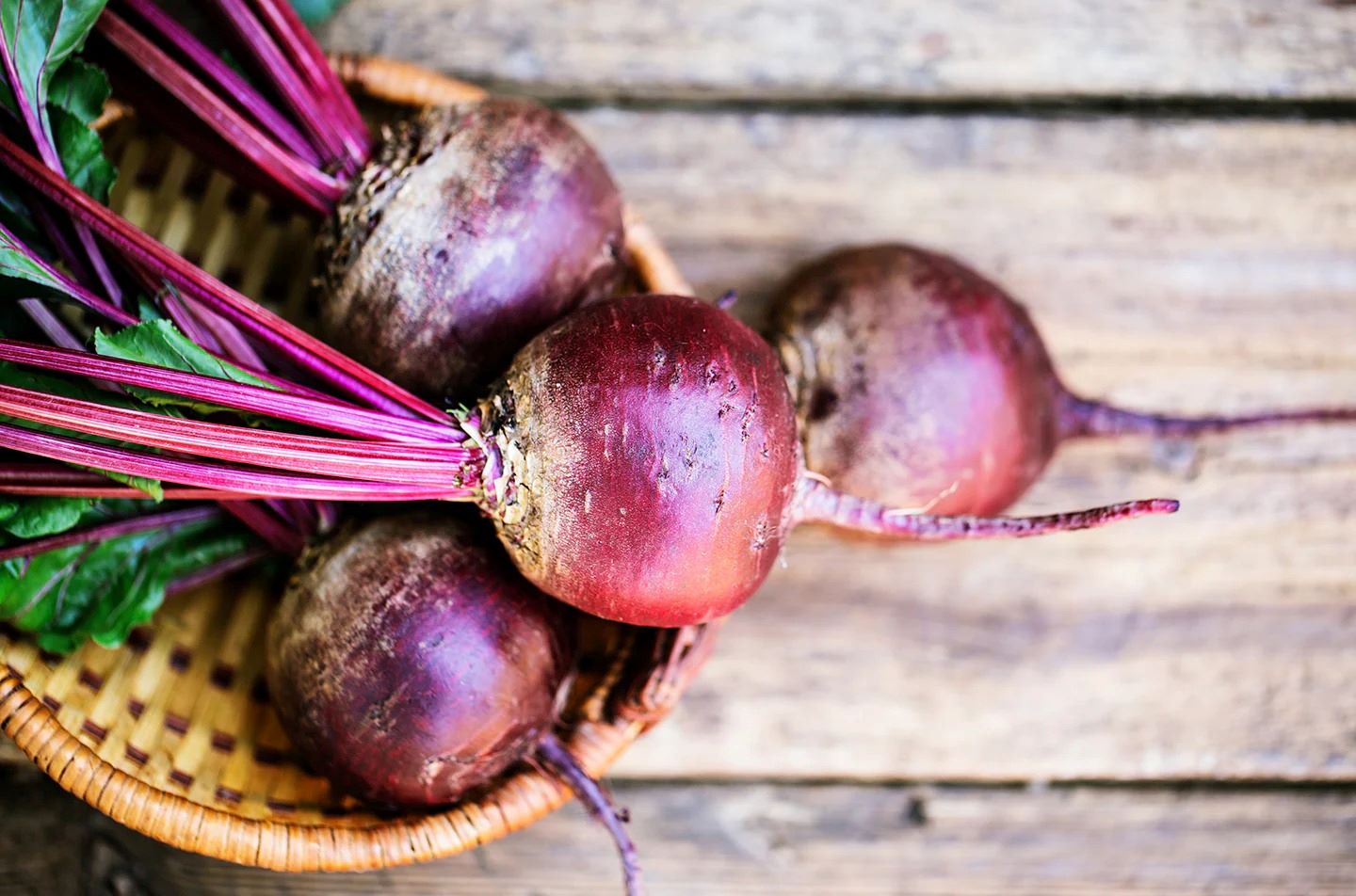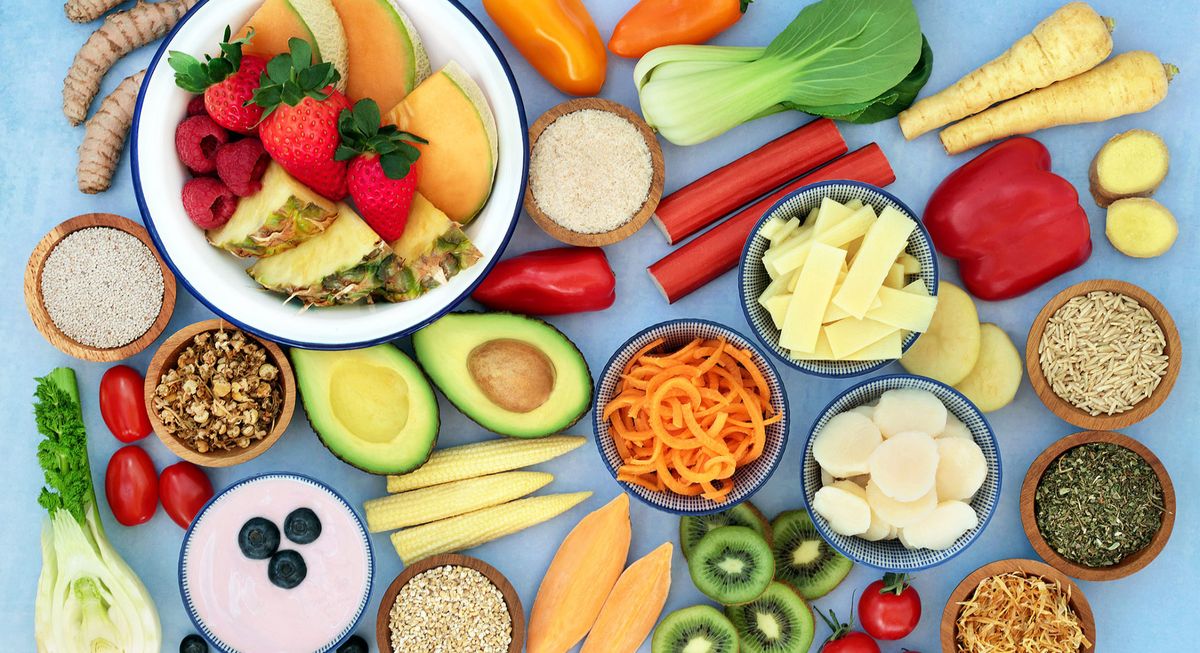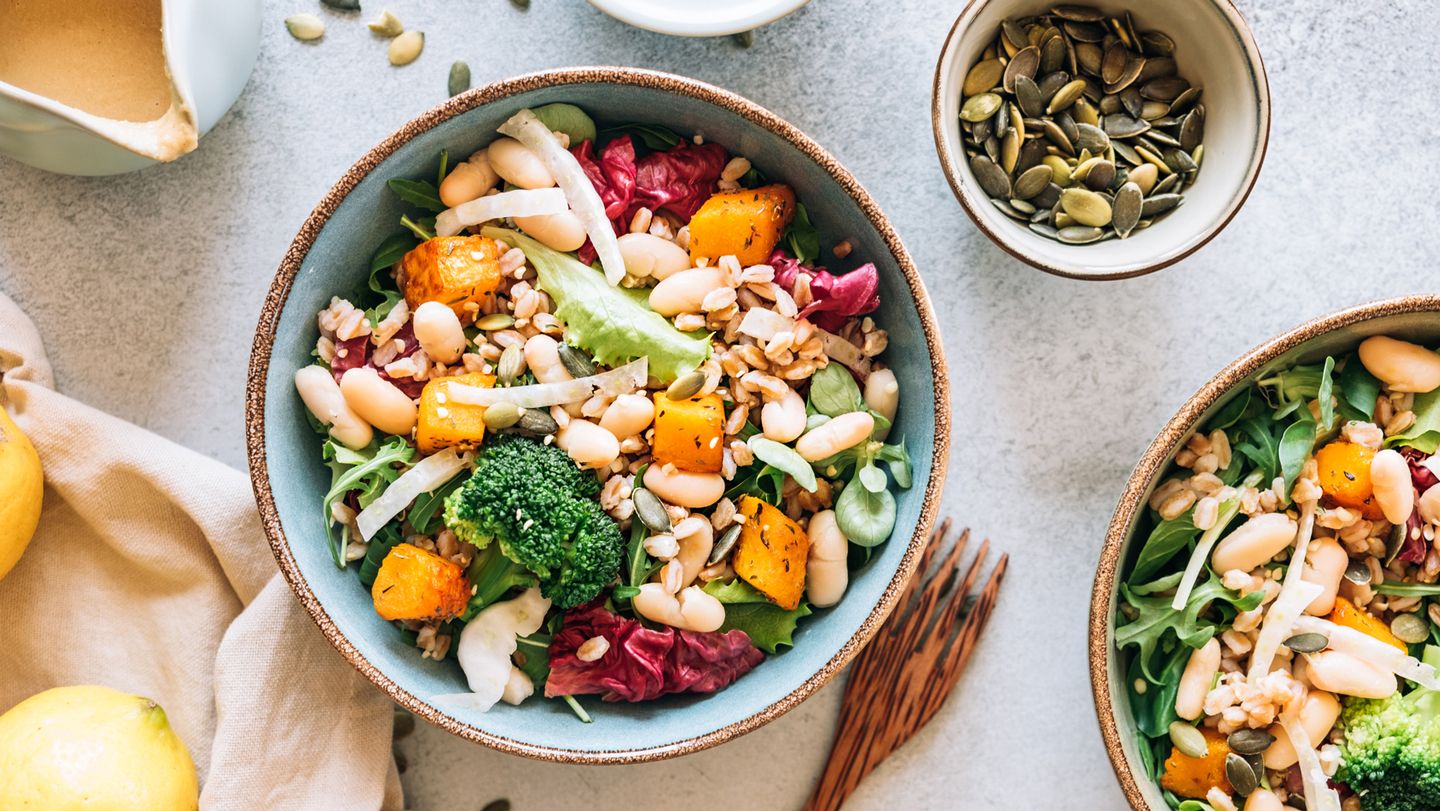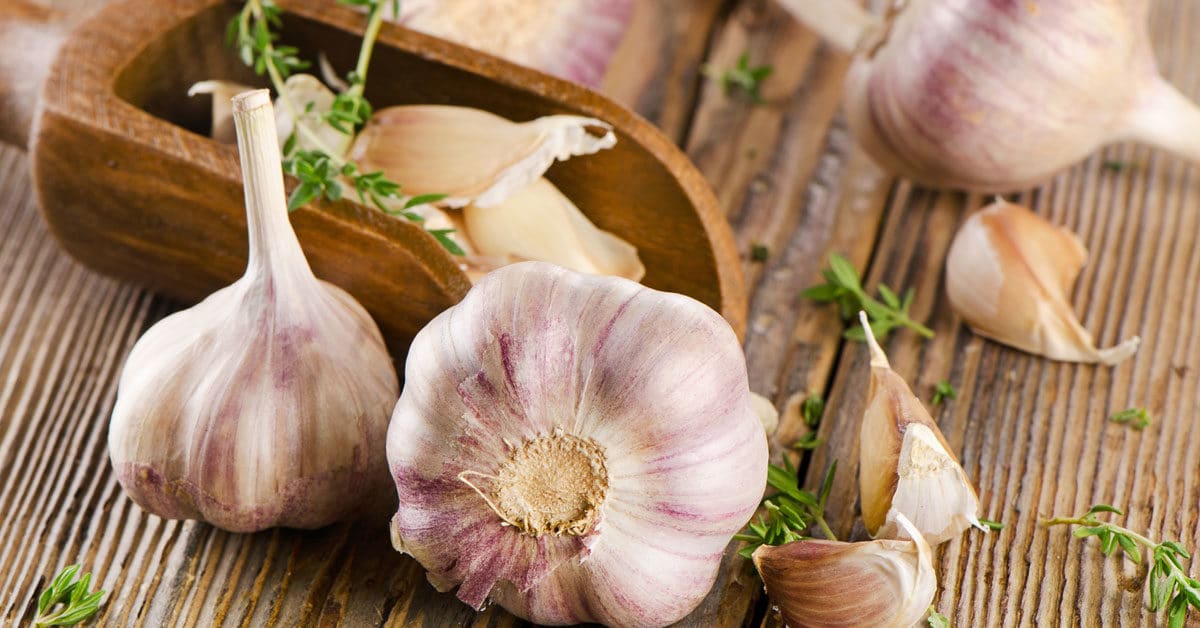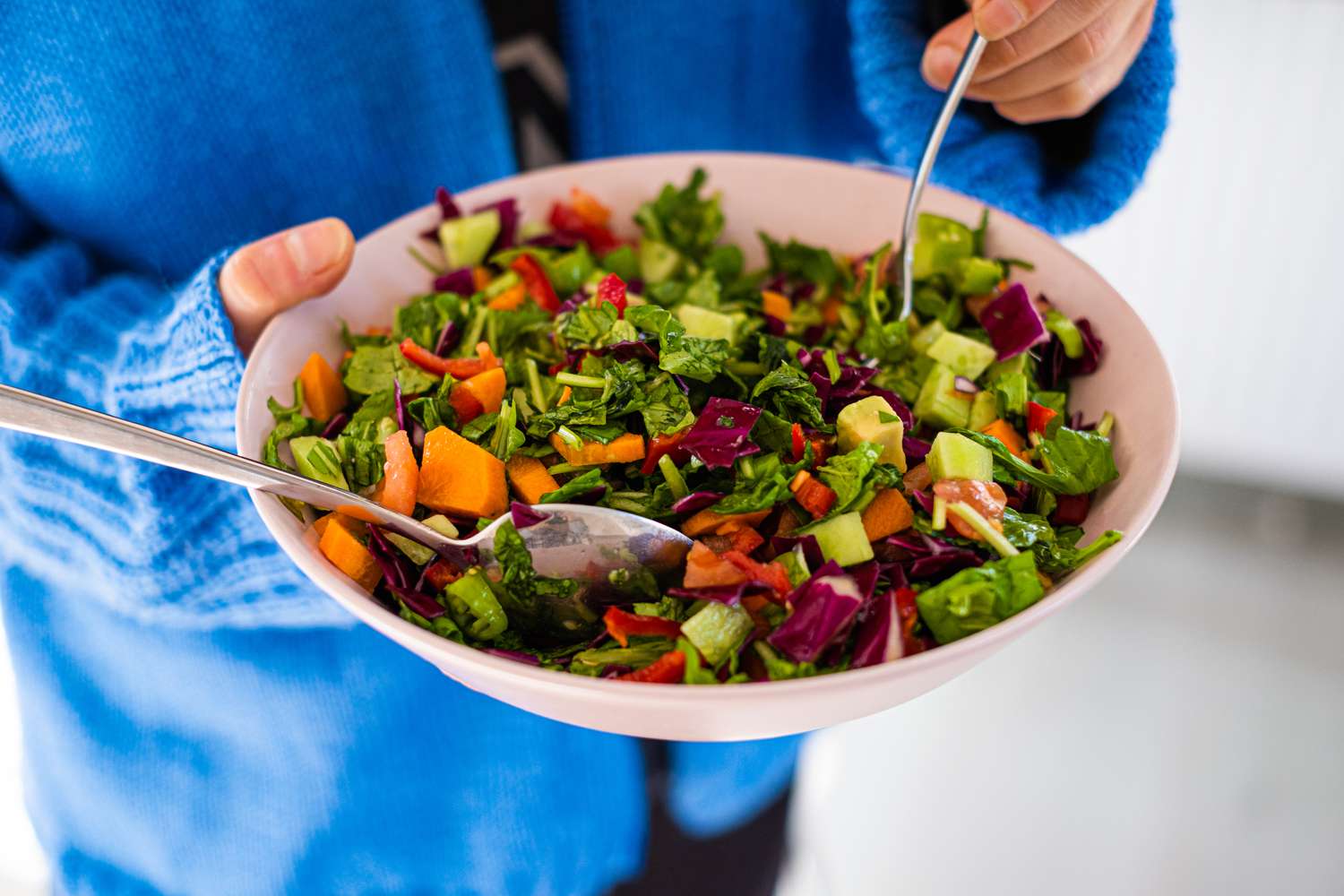Understanding Leaky Gut Syndrome
Leaky gut syndrome, also known as intestinal permeability, is a condition that occurs when the lining of the intestines becomes damaged, allowing undigested food particles, toxins, and bacteria to leak into the bloodstream. This can lead to inflammation, digestive issues, and a weakened immune system.
Choosing the Right Foods
When dealing with leaky gut syndrome, it’s important to be mindful of the foods you consume. Eating the right foods can help support gut health and alleviate symptoms. Here are some tips for eating with leaky gut:
1. Focus on Gut-Healing Foods
Include foods that are known for their gut-healing properties. This includes foods such as bone broth, fermented vegetables, and foods rich in collagen. These foods can help repair the intestinal lining and promote overall gut health.
2. Incorporate Anti-Inflammatory Foods
Eating a diet rich in anti-inflammatory foods can help reduce inflammation in the gut. Include foods such as fatty fish, leafy greens, and turmeric in your diet to help combat inflammation and support gut health.
3. Avoid Trigger Foods
Certain foods can exacerbate symptoms of leaky gut syndrome. It’s important to identify and avoid trigger foods such as gluten, dairy, and processed foods. These foods can contribute to inflammation and further damage the intestinal lining.
Meal Planning for Leaky Gut
Planning your meals with leaky gut in mind can help you make eating choices that support gut health. Here are some tips for meal planning with leaky gut syndrome:
1. Prioritize Whole, Unprocessed Foods
When planning your meals, prioritize whole, unprocessed foods. This includes plenty of fruits, vegetables, lean proteins, and healthy fats. These foods are rich in nutrients and can support overall gut health.
2. Experiment with Elimination Diets
Consider experimenting with elimination diets to identify trigger foods that may worsen your symptoms. By temporarily eliminating certain foods from your diet and reintroducing them one at a time, you can pinpoint which foods may be contributing to your symptoms.
3. Stay Hydrated
Proper hydration is essential for gut health. Be sure to drink plenty of water throughout the day to support digestion and overall gut function.
Additional Tips for Eating with Leaky Gut
In addition to choosing the right foods and meal planning, there are some additional tips to keep in mind when eating with leaky gut syndrome:
1. Chew Your Food Thoroughly
Thoroughly chewing your food can aid in digestion and reduce the burden on your gut. Take your time with each bite and chew slowly to support the digestive process.
2. Manage Stress
Stress can exacerbate symptoms of leaky gut syndrome. Practice stress-reducing techniques such as meditation, deep breathing, or yoga to support overall gut health.
3. Consider Supplements
Speak with a healthcare professional about incorporating gut-supporting supplements such as probiotics, digestive enzymes, and L-glutamine into your routine. These supplements can help support gut health and aid in the healing process.
Conclusion
Eating with leaky gut syndrome requires a mindful and intentional approach to food choices and meal planning. By prioritizing gut-healing foods, meal planning with gut health in mind, and incorporating additional tips for eating with leaky gut, you can support your digestive system and overall well-being.
